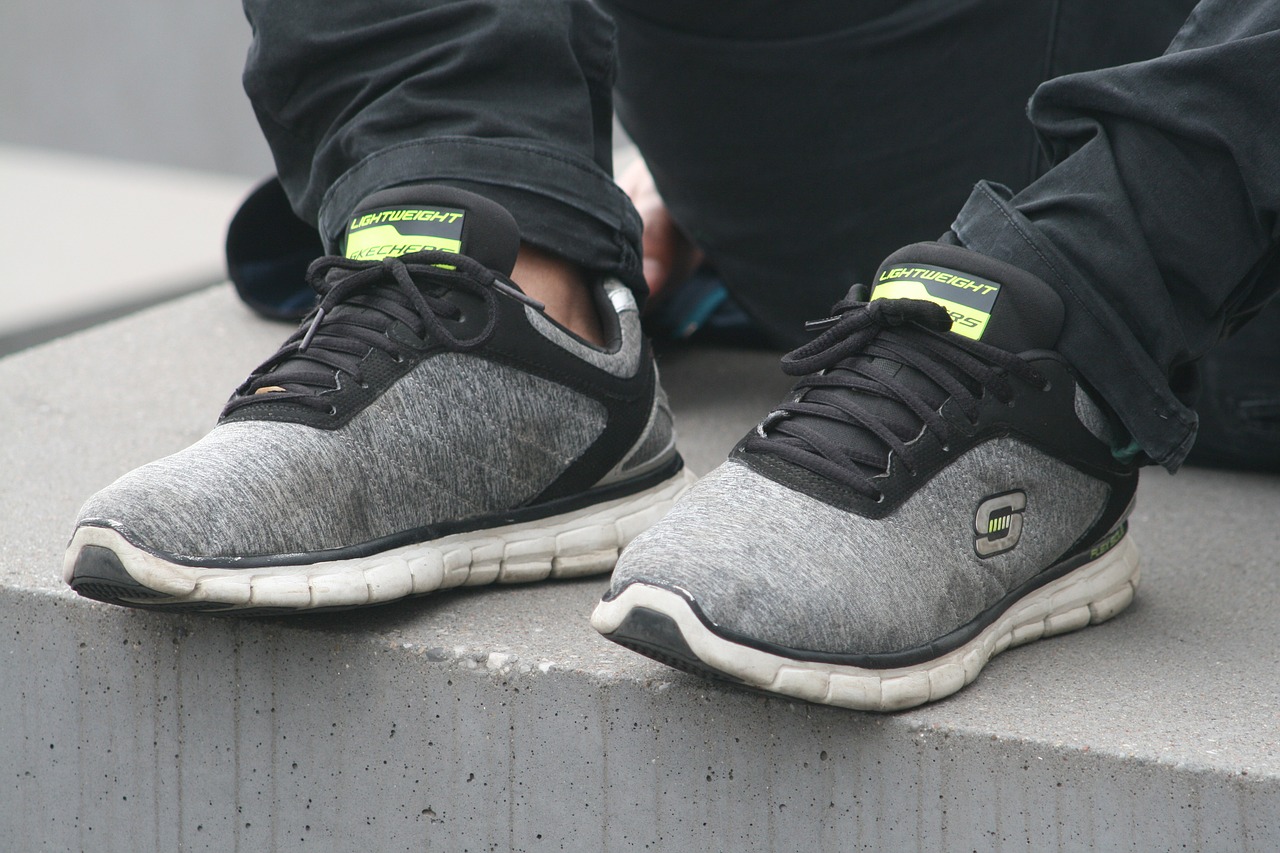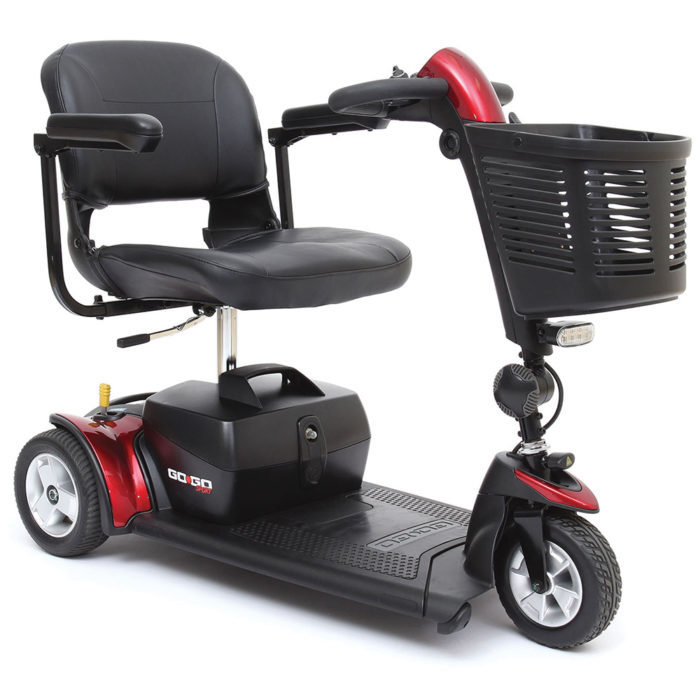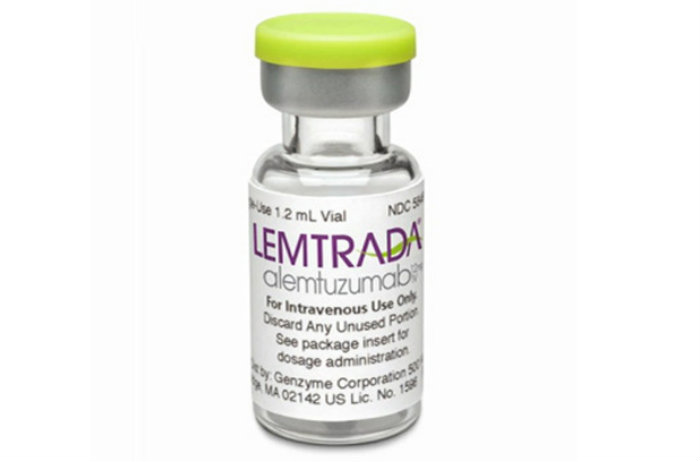Our friends at iConquorMS have a couple of new, quick on-line surveys available for MS patients to answer. I’ll tell you about them in bit but first let me tell you about iConquorMS. (I first wrote about this groups a few weeks ago the column I write for www.multiplesclerosisnewstoday.com).
Have you ever wondered how your MS experience compares with others? Your ability to go out and do things? The therapies you’ve used? Your symptoms? Your age and ethnic background?
Researchers from the Accelerated Cure Project for Multiple Sclerosis have been collecting this kind information for nearly two years from MS patients who’ve volunteered to fill-out online surveys. Though the group of patients is small, so far, their data is fascinating. For example, you can go to the iConquerMS.org website and register to see graphs outlining the ages, employment status and other demographic information about the unidentified volunteers. Or, you can see how they’ve answered questions about their social activities, sleep disturbances, mobility issues, and so on.
Patients get a say in the research
The goal of the project is to give people living with MS the ability to play an active role in research about the disease. This is done by giving them a way to securely provide health data for researchers to compare, to propose research topics that are important to the patients themselves and to become informed about the research process and specific studies. “Our ambitious agenda is nothing less than establishing a new model for research in multiple sclerosis,” says Robert McBurney, PhD, president and CEO of the Accelerated Cure Project for MS.
Using patients’ information to improve life with MS
Last August, iConquerMS launched its signature research project: REAL MS (Research Engagement About Life With MS). It’s a long-term study that will use the answers submitted via the online surveys to address things that impact the daily lives of MS patients. For example, information about which drugs and supplements work best for which people, which symptoms have the biggest impact on quality of life, or what people with MS can expect from making lifestyle changes.
REAL MS is modeled on the Framingham Heart Study, a community-based research study that has had a profound impact on the understanding of the causes of heart disease and how to treat and prevent it.
The project is supported by many top MS organizations, including the National Multiple Sclerosis Society, the Multiple Sclerosis Association of America, the Multiple Sclerosis Foundation, and Can Do MS. “Understanding the MS experience from the patient’s perspective is vital to improving the care of people with MS and to creating effective treatment paradigms,” according to the National MS Society’s Timothy Coetzee, PhD, on the project’s website.
A few more volunteers would be nice
When the iConquerMS project began in early 2015 it was hoped that 20,000 MS patients would be recruited to contribute their health data and research ideas. Unfortunately, at the end of 2016 only about 3,100 volunteers have signed-up to participate in the database. I’m one of them.
The latest surveys
|
We are back today with two new requests from scientists collaborating with iConquerMS. One research team is looking for input from people with progressive forms of MS and the other is seeking input from people who have been or are currently on Tysabri. We want to make sure the design of these studies reflects the preferences and priorities of people with MS and are turning to you for input. If you are diagnosed with a progressive form of MS: Researchers at Stanford University, including a scientist who is also a member of iConquerMS, are writing a funding proposal for a study that could lead to less fatigue, pain and depression among people with MS. Your answers to a few questions will help in the design of the study and the writing of the proposal. If you are interested in assisting and you have a progressive form of MS, please go here and fill out the short survey. If you have in the past or are currently taking natalizumab (Tysabri): A team of neurologists from NYU is writing a funding proposal to study dosing patterns of Tysabri. They have asked the iConquerMS community to assist by answering a short survey, which should take no more than 5 minutes to complete. The information you provide will help them better understand the current knowledge and practices of people who have been or are currently on Tysabri. If you are interested in assisting and you have in the past or are currently taking Tysabri, please go here and fill out the short survey. If you have any questions on either survey, contact us at info@iConquerMS.org. |


